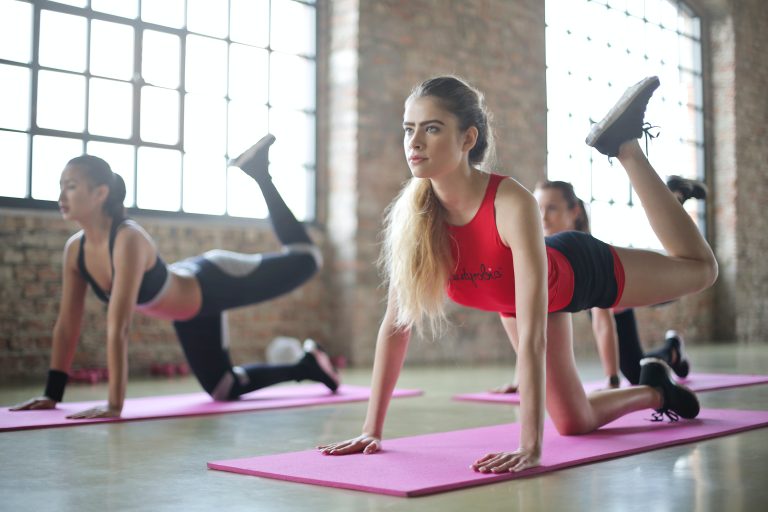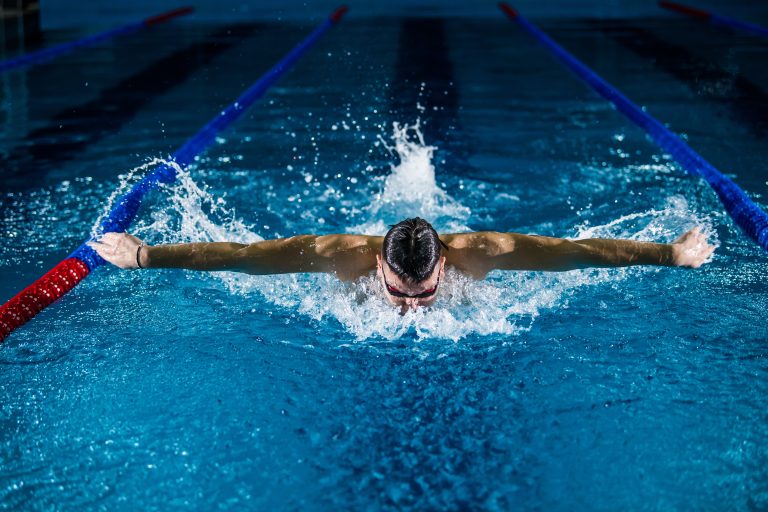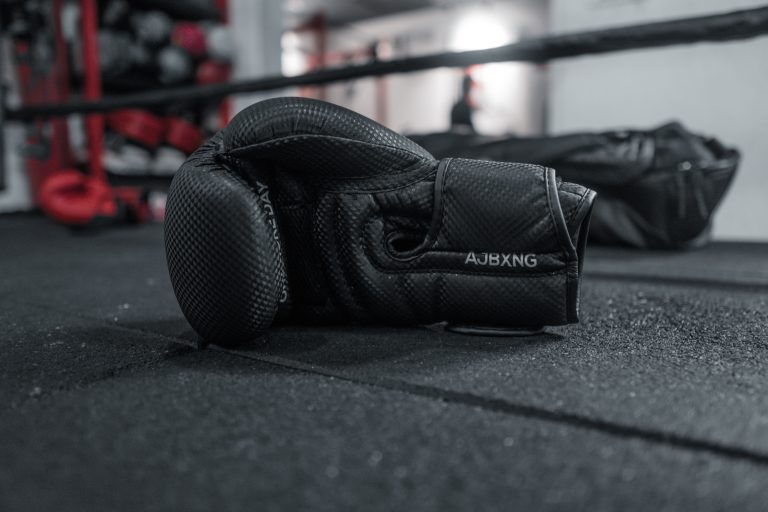Does Karate Strengthen Bones?
Karate is a martial art that has been practiced around the world for centuries. It is known for its fast and powerful strikes, which are executed with precision and speed. One of the most common questions that people ask about karate is whether or not it can help to strengthen bones. In this article, we will explore the answer to this question and delve into how karate may be able to improve bone density and overall health.
Introduction to Bone Health and Strength
The skeletal system consists of bones, which serve several critical functions in our bodies. Bones provide support for our body structure and organs, protect vital organs, aid in movement, and store minerals essential to overall health. Bone health is important for everyone, but especially for those at risk of osteoporosis, a condition in which bone mass decreases, leading to an increased risk of fractures.
A common misconception is that only calcium intake and supplementation can improve bone density. While it is essential to consume an adequate amount of calcium, other factors also come into play, including exercise, vitamin D, and genetics. Let us now examine if karate can provide a reliable source of exercise for the improvement of bone health.
The Role of Exercise in Bone Health
Studies have shown that exercise can help to build bone mass and prevent bone density loss. It is because when we exercise, our muscles pull on the bones to create stress, which causes our bones to adapt by becoming denser and stronger. Weight-bearing exercises, such as running, jumping, and resistance training, are the best types of exercises for bone health. However, martial arts, such as karate, are also considered weight-bearing exercises, given that a significant amount of the techniques are executed while standing.
How Karate Helps Strengthen Bones
Karate is an intense workout that involves both aerobic and anaerobic exercises. During a typical karate session, a practitioner will perform movements that work all major muscle groups, including the muscles surrounding and supporting the bones. As these muscles become stronger, they apply more force to the bones, causing them to adapt by becoming denser and stronger.
In addition, karate training provides the body with a significant amount of impact stimulus, which can promote bone density improvement over time. As the practitioner performs various strikes and kicks, it generates a force that is distributed across the skeletal system. This impact creates a response from the bones, signaling them to become stronger and denser, leading to a reduced risk of fracture.
Does Karate Strengthen Bones?
Introduction
Martial arts, such as karate, have been around for centuries and are still gaining popularity today. Many people of all ages practice karate for its physical and mental benefits. One common question that comes up is whether karate can strengthen bones. In this article, we will provide answers to the most frequently asked questions about karate and bone health.
What is Karate?
Karate is a Japanese martial art that focuses on striking techniques, such as punching, kicking, knee strikes, and elbow strikes, as well as open-handed techniques, such as knife-hands and palm strikes. It is a form of self-defense that emphasizes discipline, focus, and respect.
How Does Karate Strengthen Bones?
Karate practitioners believe that the repetitive impact of striking exercises can stimulate bone growth and density. The forceful movements undertaken in karate can promote the production of osteoblasts, which are cells that build new bone tissue. Additionally, since karate training involves many weight-bearing activities, it can help improve bone health and strength in the legs, hips, and spine.
Is it Safe to Practice Karate for Bone Health?
While karate can help strengthen bones, it is essential to note that it also carries some risk of injury. The repetitive impact on bones and joints can cause stress fractures, especially in the feet, ankles, and shins. It is crucial to have proper training and technique to reduce the risk of these types of injuries.
Is Karate Suitable for Everyone?
Karate can be practiced by people of all ages and fitness levels. However, as with any physical activity, it is crucial to consult with a doctor before starting. It is also essential to find a qualified instructor who can teach proper techniques and ensure that all students are safe and free from injuries.
What are Other Benefits of Practicing Karate?
Practicing karate can provide numerous physical and mental benefits. Besides building bone strength, it can improve cardiovascular health, balance, and flexibility. It can also help reduce stress, improve self-confidence, and promote overall well-being.
How to Strengthen Your Bones with Karate Training
If you’re wondering whether practicing karate could help strengthen your bones, the good news is: it definitely can! Karate is a highly effective way to help not only strengthen your bones but also your overall fitness and flexibility. In this guide, we’ll go over step-by-step instructions on how to get started with karate training and how it can benefit your bone health.
Step One: Find a Good Karate School
Before you start any type of karate training, it’s important to find a high-quality karate school that has experienced instructors. Look for a local school that has certified black belt instructors who can guide you through the proper techniques and moves.
Step Two: Start With Basic Techniques
Once you’ve found a good karate school, you’ll begin training by learning basic techniques such as the „kihon,“ or basic strikes, and „kata,“ which are pre-arranged sequences of strikes, kicks, and blocks. These moves are designed to build strength and conditioning while simultaneously improving your technique.
Step Three: Work on Your Stance
The foundation of karate training is the stance. Proper stance helps generate power through the legs and hips, ultimately producing stronger strikes and blocks. Working on your stance involves proper alignment of your feet, knees, hips, and back. Your instructor will guide you through how to maintain proper alignment.
Step Four: Incorporate Bodyweight Exercises
In addition to practicing karate techniques, it’s also important to incorporate bodyweight exercises that help build strength throughout your body. These exercises can include squats, lunges, push-ups, and planks. In combination with karate training, these exercises will further help improve your overall bone health.
Step Five: Practice Consistently
To maximize the benefits of karate training on your bone health, it’s important to practice consistently. Work with your instructor to develop a training plan that works for you, but aim for at least two to three classes per week. Additionally, try to incorporate some of the techniques and exercises into your daily routine.
Benefits of Karate Training on Bone Health
Now that you know how to get started with karate training, let’s go over how it can benefit your bone health.
Increased Bone Density
Studies have shown that weight-bearing exercises such as karate can increase bone density, which is vital for maintaining strong and healthy bones. Karate training involves a lot of jumping and landing movements, which puts stress on the bones and encourages them to get stronger.
Improved Balance and Coordination
Karate training also helps improve your balance and coordination, which can reduce the risk of falls and fractures. As you progress through your training and learn more advanced techniques, you’ll improve your overall body control and spatial awareness.
Reduced Risk of Osteoporosis
Practicing karate can also reduce the risk of developing osteoporosis, a condition in which bones become weak and brittle. By engaging in weight-bearing exercise, your bones become stronger and can better resist the effects of osteoporosis.
Final Thoughts
Karate is an excellent way to improve your bone health, increase your overall fitness and flexibility, and learn valuable self-defense skills. By finding a good karate school, practicing consistently, and incorporating bodyweight exercises into your routine, you’ll be well on your way to stronger, healthier bones.
Inhaltsverzeichnis





